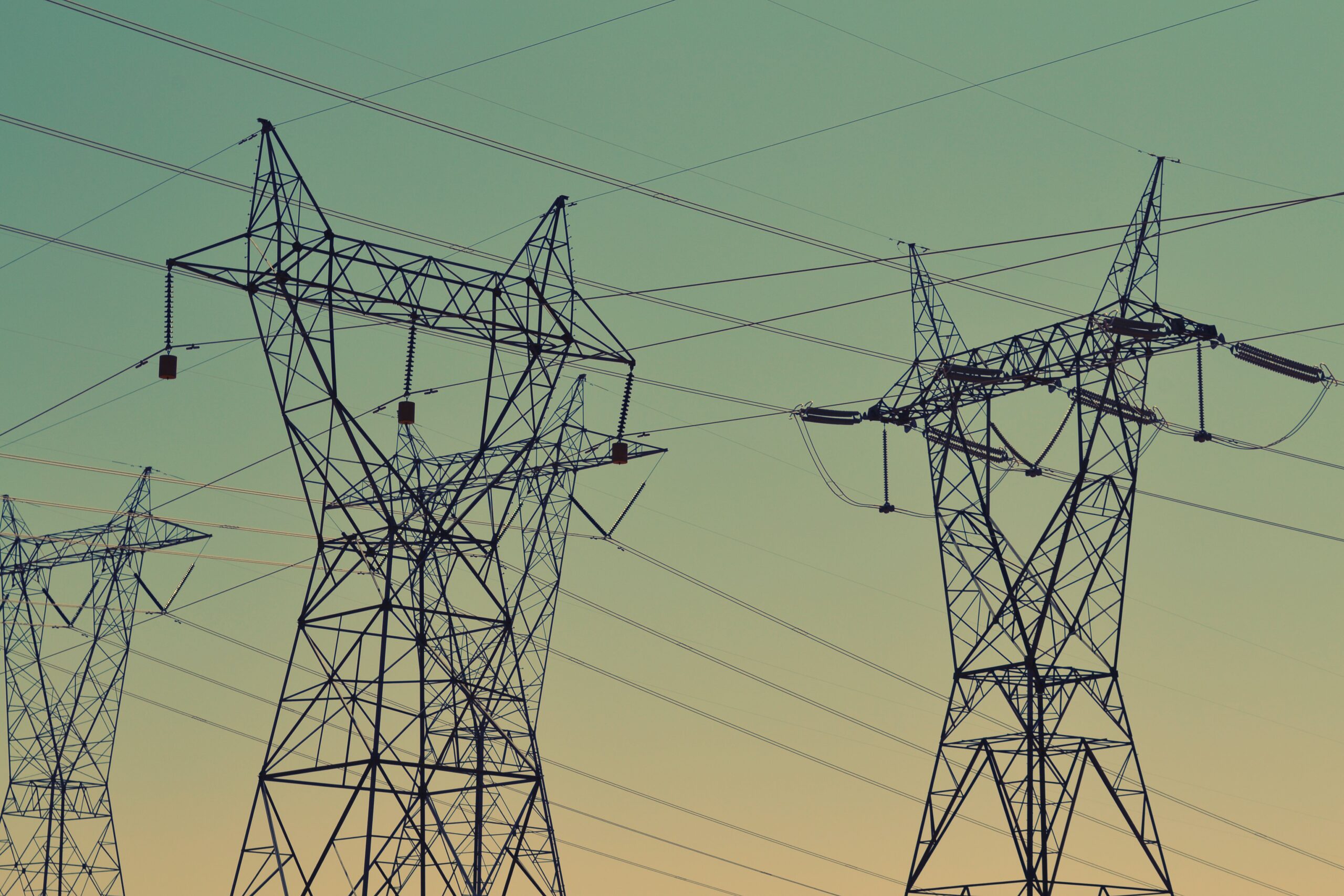You likely know that solar panels can be a great financial investment in addition to anenvironmentally-friendly method of generating power. Additionally, you may have heard that thefinancial benefits of solar panels can be accelerated by selling power back to the electrical grid. Buthow do you do this? Let’s take a look.
Net Metering
When you hear about the process of selling excess solar energy production back to the grid, what you are referring to is a process called net metering. Net metering is apolicy that utility companies use to calculate the impact of excess solar energy that is uploaded to the grid.
When you have solar panels on your home, you still have a typical utility connection for electricity as well. In fact, on days when solar panels do not produce enough energy to meet your needs, the extra energy needed is pulled from the normal electrical grid. You are billed the normal rate for this energy.
With net metering, utility companies also monitor and calculate the amount of energy that you sent to them.This is accomplished due to something known as an inverter, which is a gauge that runs forward and backwards, tracking overall utility use from the grid to the home.When you send excess power back to the grid, you receive credits for these amounts on your bill.
Many people think of this as “selling” their electricity to the utility company; however, that is a bit of a misconception. The utility company is not exactly buying electricity from you. You will not see a direct cash payment. Rather, you should think of it as the utility company allowing you to store your extra energy for later use. Regardless of the terminology, net metering policies ultimately mean more money for your pocket as excess power generated is not wasted.
Example...
Suppose your solar panel array generates 40 kilowatt hours of electricity during a day. Of that, you use 30 to power your home. This leaves an extra 10 kilowatt hours of power that are unused. With net metering, that is sent back to the utility grid. Suppose that you then use 12 kilowatt hours of power overnight when your solar panels are not producing energy.The 10 excess kilowatt hours you generated are credited against this consumption, meaning you will only pay for the difference of 2 kilowatt hours.
This has the potential to dramatically decrease utility bills even more than usual and is one of the policies that have made solar panels incredibly lucrative for installation on homes.
Do All Areas Have Net Metering?
This is where it gets a bit tricky. No, not every area has net metering policies, but most do.Additionally, while the program is typically known as net metering, it may be called something different in some areas.
The good news is that net metering is legislated policy in 34 states. This means that all utilities in the state provide net metering for homes with solar. Additionally, there are 11 other states that do not offer net metering but legislate that a similar type of compensation for excess electricity generated by solar panels be provided to home owners.
There are a total of five states–Alabama, Idaho, South Dakota, Tennessee, and Texas–that have no legislated rule regarding net metering or any similar policy. However, even within these states, some utility providers have elected to provide net metering to their customers.Thus, when determining if you can take advantage of net metering or similar types of programs, it is important to check the rules for your state as well as any programs offered directly by your utility provider. Be sure to find out if your state has net metering.
Are There Other Ways I Can Earn Money from the Power I Generate?
Yes, depending upon where you live, there are other ways that you can get money from the power your solar system generated. This is done through a Solar Renewable Energy Certificate, which is a program that provides certificates worth monetary value to homeowners with solar panels.
How does this work?
It is actually relatively simple. This does not deal with the amount of excess electricity produced by your system, but rather the amount of total electricity produced by your system including the amount that you use. For every 1,000 kilowatt hours produced by your system, you will receive one Solar Renewable Energy Certificate.
This certificate can then be sold on the SREC market. The amount of money you will earn from an SREC will vary based on the demand at the time. For states with higher amounts of solar power generation, the amount will be lower. For states with less solar power, the amount will be higher. It is not uncommon to receive $300 for an SREC.
This is made possible by a program known as Renewable Portfolio Standards which encourages utilities to develop and meet certain renewable energy goals. It is an incentive to encourage customers to invest in solar panels in order to improve sustainability.
As with most things solar, this varies by state. There are currently 29 states that have RenewablePortfolio Standards. There are an additional eight states that have voluntary renewable energy targets.Together, these 37 states participate in the SREC program. Most of the states who do not participate are located in the south. If you live elsewhere in the country, it is likely your state participates in SRECs.
Final Thoughts
There are a number of ways in which you can sell your solar power to the grid. The most typical is a policy known as net metering where your excess solar power is sent back to the electrical grid in exchange for credits towards your bill. Additionally, many states participate in the Solar Renewable Energy Certificate Program where you earn a certificate for every 1,000 kilowatt hours produced and can sell it on an exchange. Together, these two programs can greatly increase the financial benefits for having residential solar power.



